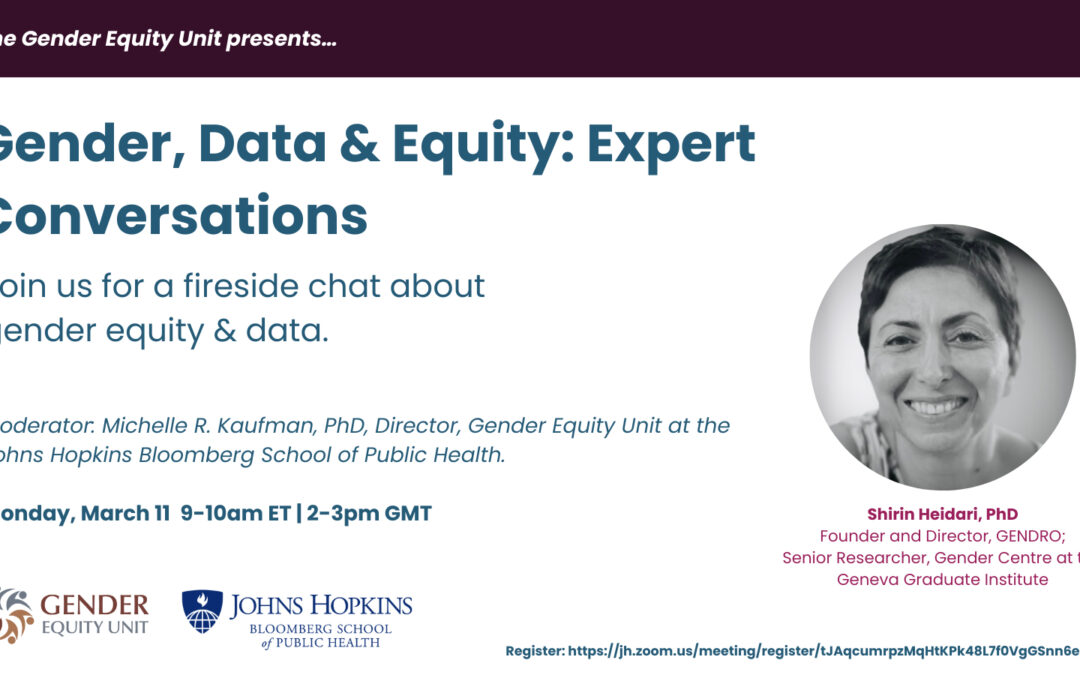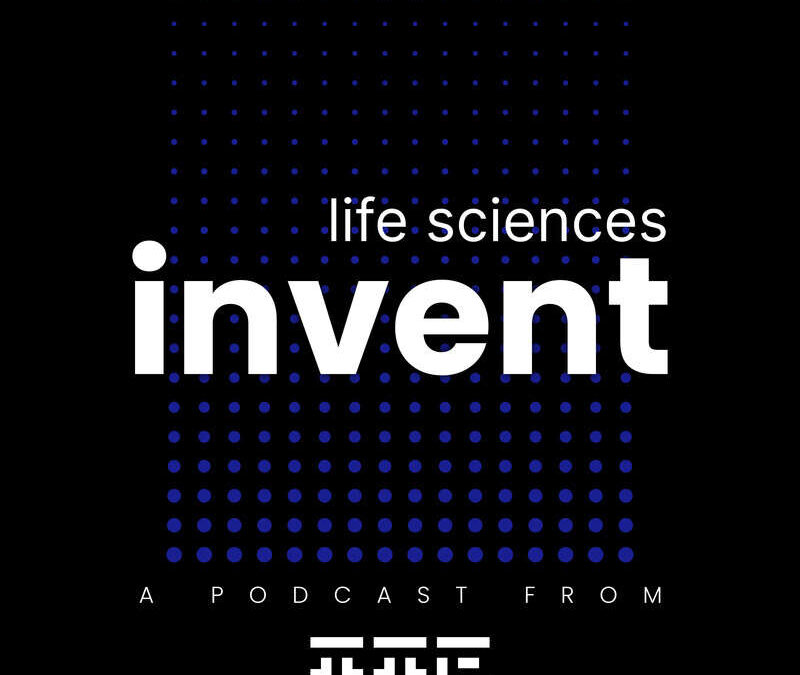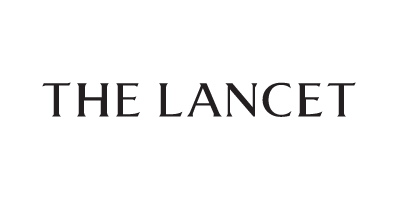by Gendro | Mar 19, 2024 | Events
Dr Shirin Heidari joined Members of the International Development Research Centre’s (IDRC) Global Health (GH) team in a Gender Equality and Inclusion (GEI) Week to present on the transformative potential and challenges of adopting a gender-inclusive and feminist approach in research. Drawing on her experiences and insights from recent and ongoing multi-country research on Sexual and Reproductive Health and Rights (SRHR) in forced displacement, involving participants across the gender and sexuality spectrum, Dr Heidari’s presentation introduced the rationale for embracing an interectional gender lens in research design and implementation, emphasizing the intrinsic value of inclusive and participatory methodologies, advocating for the adoption of a feminist intersectional lens in research design and process.

by Gendro | Mar 14, 2024 | Media
14 March 2024
In this interview with Dr. Isabel Goldman at Cell, Dr. Shirin Heidari, founder and director of Gendro, and the lead author of the Sex and Gender Equity in Research (SAGER) guidelines, discusses her research, GENDRO, the SAGER guidelines and importance of considering sex- and gender-related variables in research.

by Gendro | Mar 11, 2024 | Events
Gendro’s Founder and Director joins a fireside chat about gender equity and data with Dr Michelle Kaufman, Director of Gender Equity Unit at the Johns Hopkins Bloomberg School of Public Health.
During the webinar, Shirin Heidari shared the tremendous progress that has been made to recognize the importance of gender and sex in health research and improved awareness of gender gaps and biases.
Event recording: https://www.youtube.com/watch?v=MYqmd48G57w&ab_channel=GenderEquityUnit

by Gendro | Oct 25, 2023 | Podcast
25 October 2023
Throughout almost all of medical history, it was assumed that the average white male response to drug trials could be extrapolated to all potential recipients. But when we look at the poorer health outcomes for women and minorities, could the underlying assumptions in medical research be a contributing factor? If so, what is being done to solve them? Diana Torgersen, Shirin Heidari, and Deana Mohr were invited to share their thoughts on these questions.
Listen here: Life Sciences: Sex and Gender in Medical Research

by Gendro | Sep 27, 2023 | Publications
Ophira Ginsburg, Verna Vanderpuye, Ann Marie Beddoe, Nirmala Bhoo-Pathy, Freddie Bray, Carlo Caduff, Narjust Florez, Ibtihal Fadhil, Nazik Hammad, Shirin Heidari, Ishu Kataria, Somesh Kumar, Erica Liebermann, Jenna Moodley, Miriam Mutebi, Deborah Mukherji, Rachel Nugent, Winnie K W So, Enrique Soto-Perez-de-Celis, Karla Unger-Saldaña, Gavin Allman, Jennifer Bhimani, María T Bourlon, Michelle A B Eala, Peter S Hovmand, Yek-Ching Kong, Sonia Menon, Carolyn D Taylor, Isabelle Soerjomataram
The Lancet – September 26, 2023
Women interact with cancer in complex ways, as healthy individuals participating in cancer prevention, as patients, as health professionals, researchers, policymakers, and as unpaid caregivers. In all these domains, women often are subject to overlapping forms of discrimination, such as due to age, race, ethnicity and socio-economic status, that render them structurally marginalized. These myriad factors can restrict a woman’s rights and opportunities to avoid cancer risks, are a barrier to diagnosis and quality cancer care, maintain an unpaid caregiver workforce that is predominantly female, and hinder women’s professional advancement. The Lancet Commission on women, power and cancer was created to address urgent questions at the intersection of social inequality, cancer risk, and outcomes, and the status of women in society.
Continue reading




